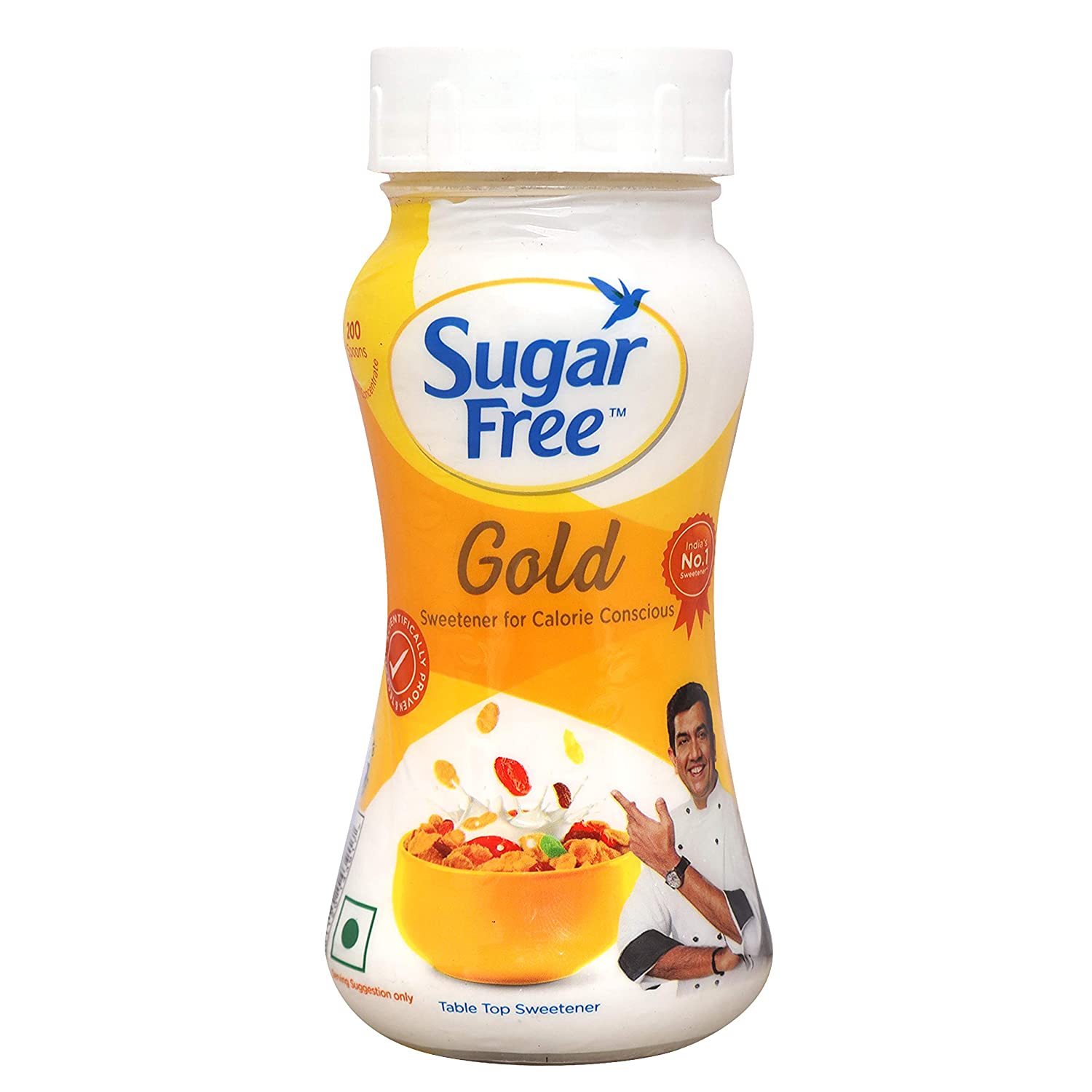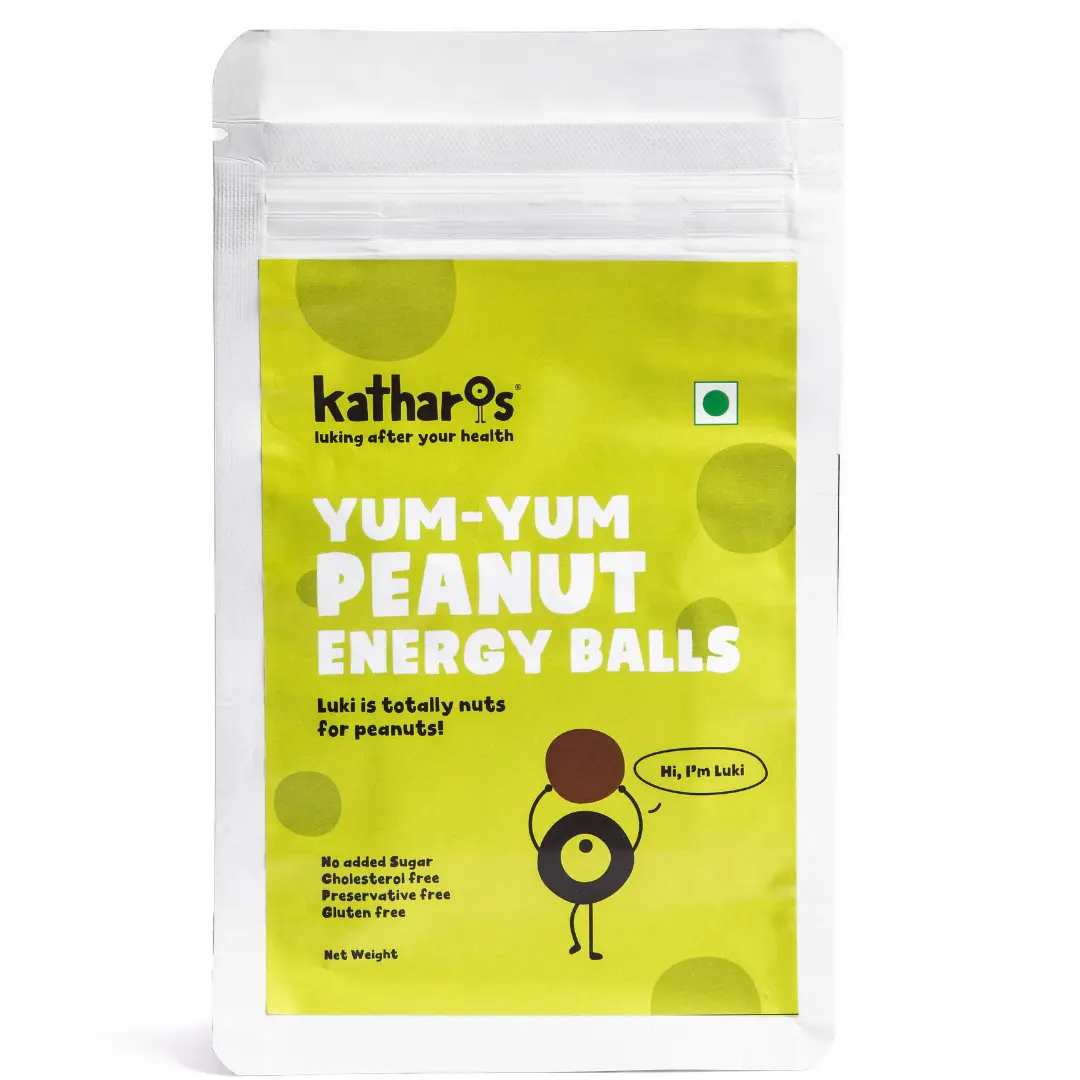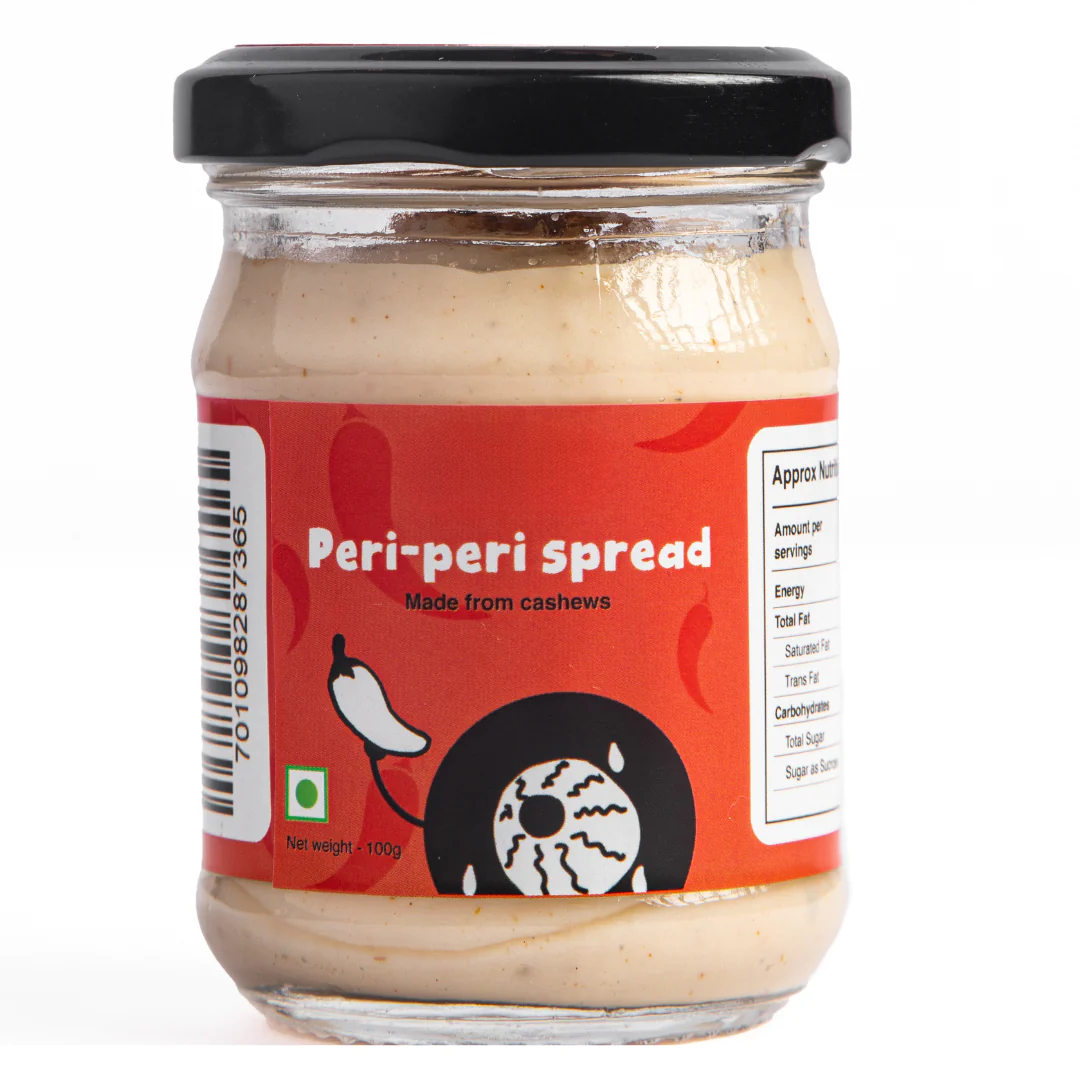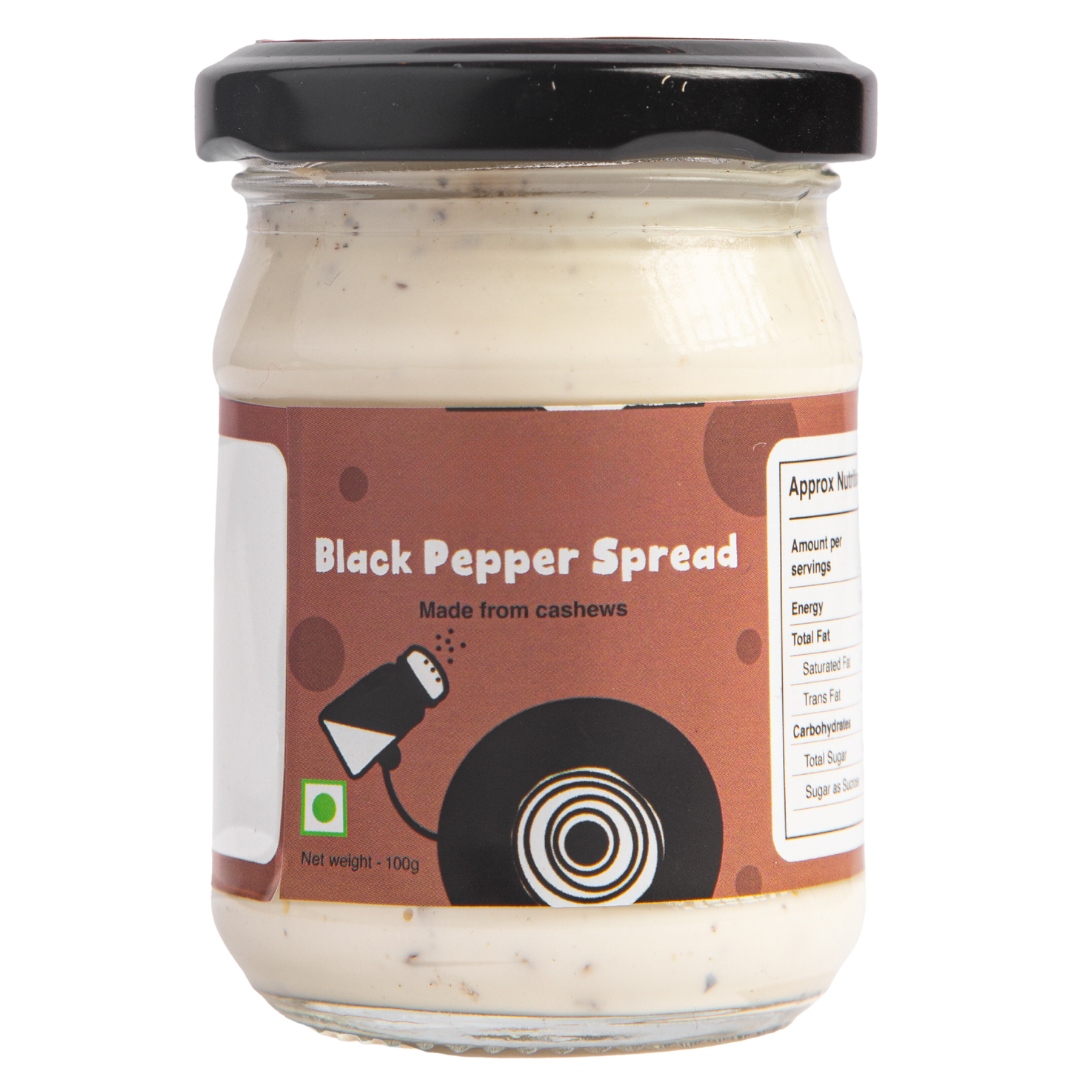Sucrose
Micronutrient
Last update date: October 11, 2023
Sucrose is crystallised white sugar that is produced by the sugarcane plant. It can be found in households and foods worldwide.
Frequently Asked Questions
1.
What is Surces (it must b sucrose)?
Sucrose is a type of sugar formed by one glucose and one fructose molecule bonded together. This sugar falls into the disaccharide category, which means two monosaccharides (glucose + fructose) are linked together by a glycosidic bond. Sucrose is most commonly known as table sugar. It is a sweet, crystalline substance that is used as a sweetener in various foods and beverages. Apart from table sugar, you can also find added sucrose in foods like sugar-sweetened beverages (such as soda or sports drinks), desserts (like cookies and brownies), condiments (ketchup, BBQ sauce), cereals, yogurts, and more. Additionally, sucrose occurs naturally in sources such as carrots, apples, maple syrup, and, of course, sugar cane and sugar beets.
2.
What is positive impact of Surces (it must b sucrose)?
Energy Source: Sucrose serves as a quick source of energy for the body, as it gets rapidly broken down into glucose and fructose, which are easily utilized by cells. Mental Alertness: Consuming sucrose can improve mental alertness and cognitive function, helping you stay focused and attentive. Memory Enhancement: Studies suggest that moderate sucrose intake may enhance memory and cognitive performance. Mood Booster: Sucrose consumption can stimulate the release of serotonin, a neurotransmitter that promotes feelings of happiness and well-being. Physical Endurance: Consuming sucrose before engaging in physical activity or exercise can provide a readily available energy source, enhancing endurance and performance.
3.
What is negative impact of Surces (it must b sucrose)?
Sucrose has both positive and negative implications for your health. On the positive side, consuming adequate amounts of sucrose ensures your body gets the optimal amount of energy. It can be a part of a balanced diet and enjoyed in moderation. However, it's important to be mindful of the negative impact of excessive sucrose consumption. Uncontrolled high levels of glucose in the blood, often resulting from frequent and excessive sucrose intake, can lead to sugar-related diseases, such as type 2 diabetes. Additionally, the conversion of excess sugar to fat can contribute to weight gain and obesity. This excess fat is stored in adipose tissue, including around your joints and organs, which can negatively affect your nervous system and blood vessels. Over time, the accumulation of fat on the walls of blood vessels can lead to blockages or constriction, potentially resulting in high blood pressure and cardiovascular complications.
4.
Who should avoid Surces (it must b sucrose)?
It is essential to be mindful of your sucrose intake as excessive consumption can have adverse effects on your health. If you have conditions like diabetes or insulin resistance, it is important to monitor your sucrose consumption and seek guidance from a healthcare professional or registered dietitian. Limiting the intake of foods high in added sucrose can also be beneficial for weight management and reducing the risk of chronic diseases. Remember to practice moderation and maintain a balanced diet to promote your overall well-being.
5.
What are common sources of Surces (it must b sucrose)?
Sucrose occurs naturally in various sources. Sugarcane and sugar beets are the primary sources of commercial table sugar. Other natural sources of sucrose include sugar maple sap, which is used to produce maple syrup, as well as fruits such as carrots, apples, and dates. These fruits contain sucrose along with other beneficial nutrients and fiber. Additionally, honey is another natural source of sucrose, known for its sweet taste and potential health benefits. However, it's important to consume these natural sources of sucrose in moderation as part of a balanced diet.















